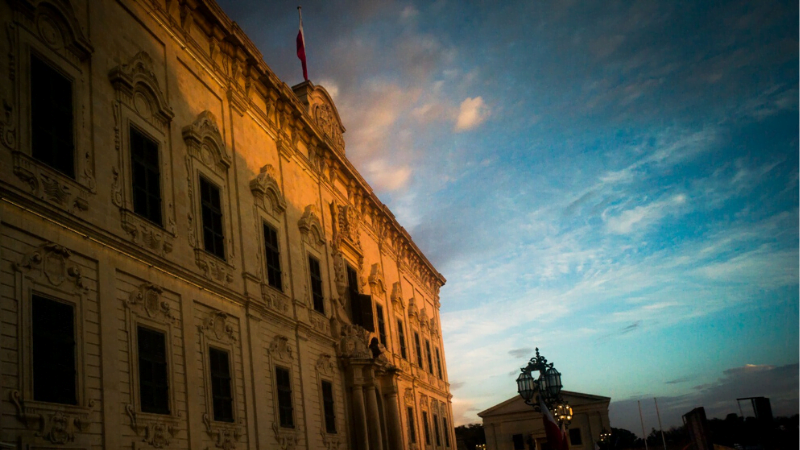I am still bewildered by the President’s inaction, by his complete lack of understanding of the Constitution, or his inability to overcome the enormous personal conflict of interest that petrifies him.
The President has the constitutional duty to intervene in the current situation and ask for Muscat’s immediate resignation. He has the duty and the power to inject new meaning into the words of certain provisions of the constitutional document, new meaning inspired by constitutional morality – what is right and what is wrong for the well-being of State and country.
There seems to be the opinion that the Constitution of our country is made up of only the constitutional document. This opinion is as incorrect as could be.
I have already referred to British constitutional theorist A.V. Dicey. I have to quote him again because apparently it takes time and patience to change the mulberry leaf to satin.
In his Introduction to the Study of the Law of the Constitution, Dicey describes the two parallel and complementary sets of rules that are the two pillars of the British Constitution. This is useful for Malta since our own constitutional setup is based on the British model.
Dicey wrote: “The one set of rules are in the strictest sense ‘laws’ since they are rules which (whether written or unwritten, whether enacted by statute or derived from the mass of custom, tradition, or judge-made maxims…) are enforced by the courts… The other set of rules consists of conventions, understandings, habits, or practices that… are not really laws since they are not enforced by the courts. This portion of constitutional law may, for the sake of distinction, be termed the ‘conventions of the constitution’, or constitutional morality.”
Two sets, therefore: judicially-enforceable (written or unwritten) rules and rules of constitutional morality.
It is abundantly clear that the constitutional document is not the Constitution. The Constitution is wider than the constitutional document because the Constitution is alive. It breathes the air of an ever-evolving society and of new political discoveries and developments.
The membrane of the Constitution is permeable and porous, allowing new legal solutions and new political thinking to influence the understanding of the written text and to create new conventions, understanding, habits, and practices. Having a life of its own, this influence bears fruit: new rules of different types.
The Constitution is not only a legal document; it is also, and possibly primarily, a political instrument. For this reason, Dicey spoke of “constitutional morality”, because politics is ultimately based on morality – on mores, on behaviour that evolves over time according to what a society understands to be the standards of right and wrong.
There are two ways to approach the Constitution. It can be seen as an instrument of government (instrumentum regni) – a way to restrict the options available to the people and to office-holders. This approach prefers a strict adherence to a literal, restrictive, unimaginative and, all told, illiberal interpretation.
Then there is the other way of viewing the Constitution – a living tree that draws nourishment from the soil of the polity and breathes the air of political morality. The positivists would debunk all this as airy-fairy mumbo-jumbo. I think they are wrong, because they fail to understand the liberal tradition within which modern constitutionalism was born.
The positivists mistake the part for the whole. The Constitution of a country is not solely a legal document, and its interpretation does not belong to the legal domain exclusively. The Constitution of a country is a mishmash of philosophy and history which are then, through a process of formalisation, translated partly into constitutional law and partly into constitutional morality.
The President’s inaction seems to stem from either of two reasons (or both).
It’s either a complete lack of understanding of the legal theory and political philosophy underlying constitutionalism and constitutional law. I already have it in writing from officials very close to him that he acknowledges his inadequate knowledge of human rights.
Or his inaction stems from the massive conflict of interest which burdens and petrifies him. Joseph Muscat was George Vella’s brainchild. It might now be very emotionally difficult for President Vella to demand his protégé to do the constitutionally and morally right thing and step down.
If the latter is indeed the case, President Vella might wish to step aside, temporarily, and let somebody else carry out his functions, as Acting President. Somebody with no emotional involvement and baggage, who is ready to take the bull by the horns and lead the country out of the present quagmire.
A few more days in office can have far-reaching consequences.












